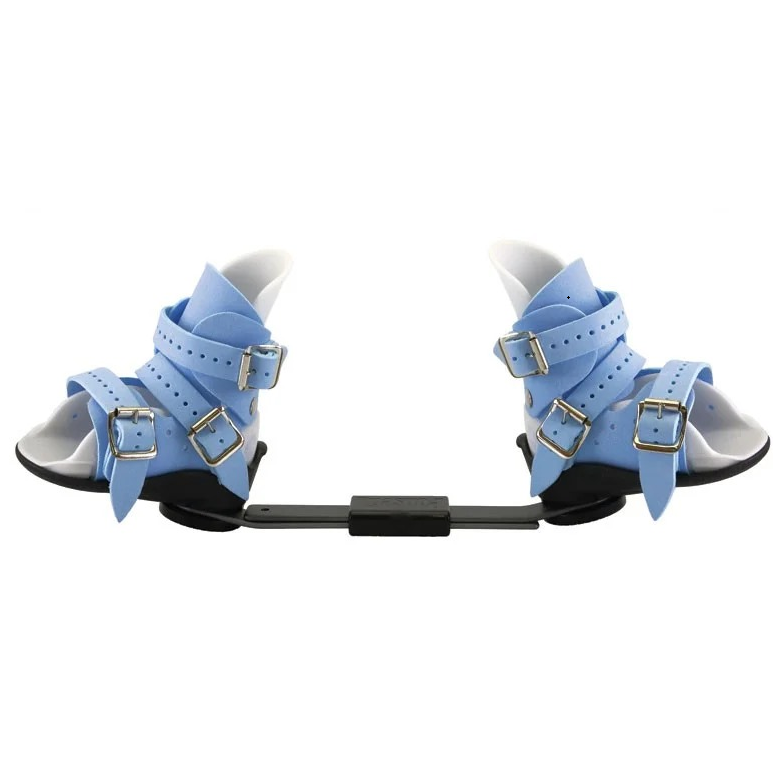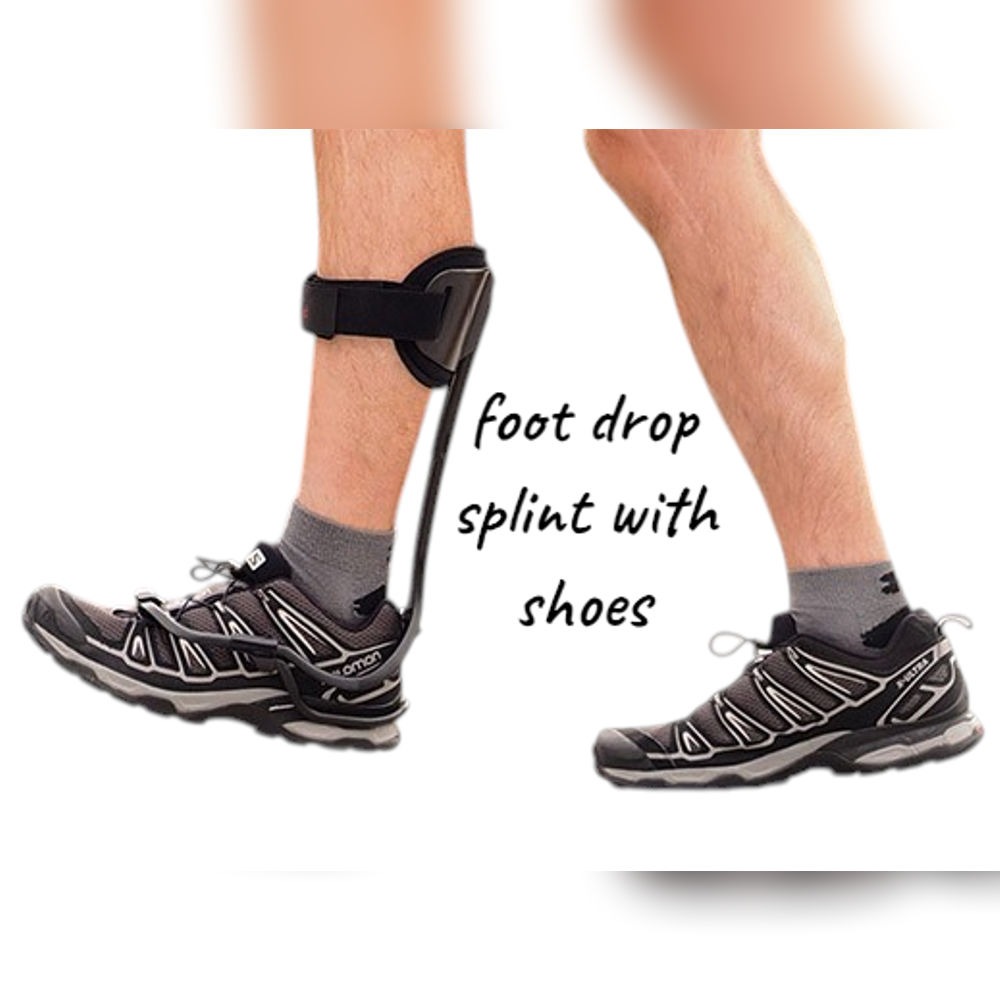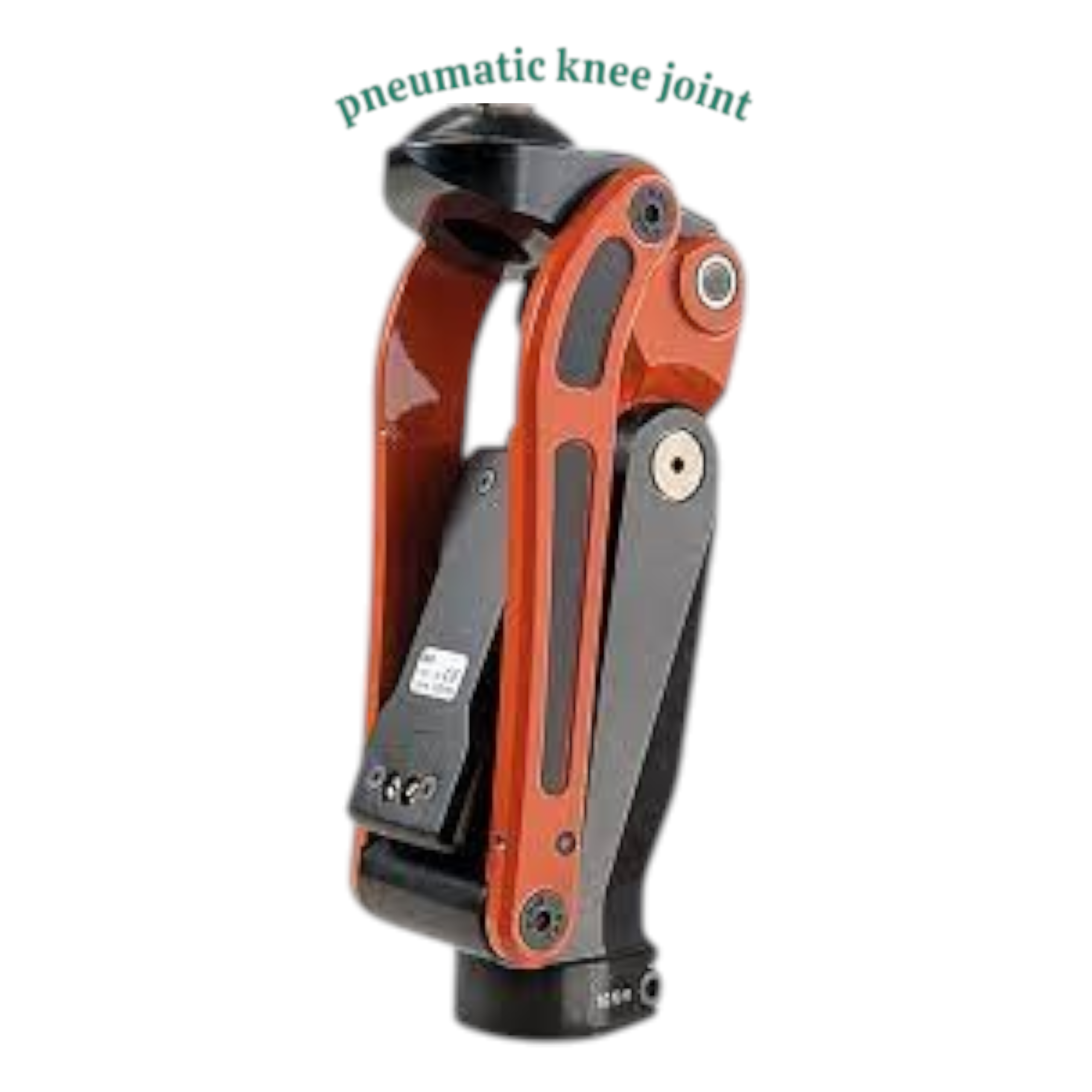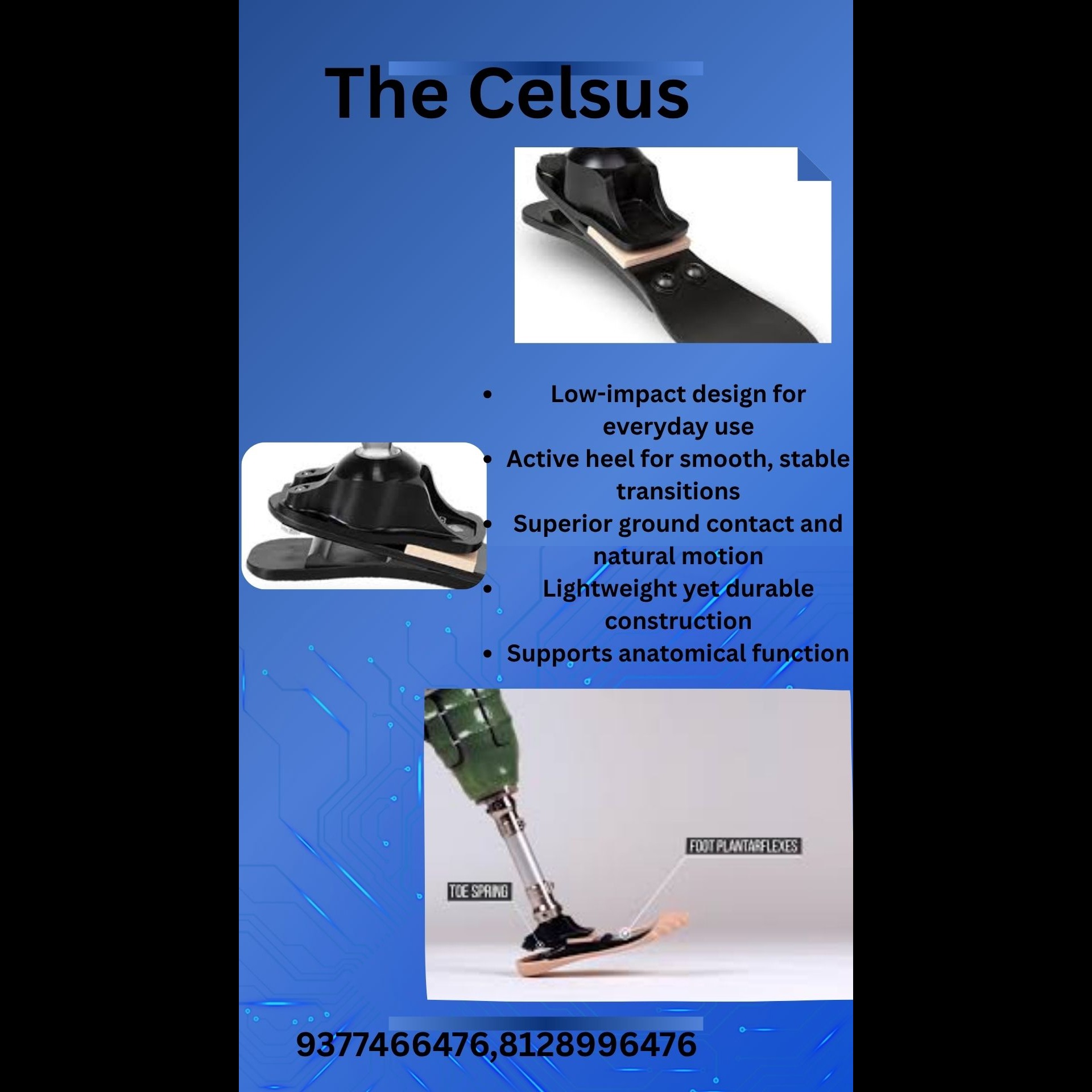
The CTEV (Congenital Talipes Equinovarus) brace, commonly known as the clubfoot brace, is a critical component in the non-surgical treatment protocol for children with clubfoot. One of the most commonly used types of CTEV brace includes a bar that connects shoes or footplates, designed to maintain the corrected position of the feet after initial correction through methods like the Ponseti casting technique.
Structure and Function
The CTEV brace with a bar consists of:
1. Shoes or Footplates: These are worn by the child and can be adjusted to fit as the child grows. The shoes are often attached to the footplates, ensuring the feet remain in the desired position.
2. Bar: The bar connects the two shoes or footplates. It can be made of metal or other sturdy materials, adjustable to accommodate the child’s growth and to set the feet at a specific distance and angle from each other.
The primary function of the CTEV brace is to prevent the recurrence of the clubfoot deformity by maintaining the feet in an externally rotated and dorsiflexed position, which promotes proper alignment and muscle development.
The usage of the CTEV brace with a bar typically follows a specific regimen:
• Post-Correction Phase: After the initial casting phase (usually via the Ponseti method), where the foot is gradually corrected, the brace is introduced.
• Full-Time Wear: Initially, the CTEV brace is worn full-time (23 hours a day) for the first few months.
• Reduced Wear: Gradually, the duration is reduced to night-time and nap-time wear only, continuing this regimen until the child is around 4-5 years old.
Benefits
1. Non-Invasive: The CTEV brace offers a non-surgical solution to maintain the correction achieved through casting.
2. Effective Prevention: It is highly effective in preventing relapse, which is common in untreated or improperly managed cases of clubfoot.
3. Adjustable and Adaptable: TheCTEV brace can be adjusted to fit the growing child, ensuring continued efficacy over several years.
The CTEV brace with a bar is an indispensable tool in the treatment and management of clubfoot, particularly following corrective procedures like the Ponseti method. Its design ensures that the corrected position of the foot is maintained, thereby preventing relapse and promoting normal foot development. Proper adherence to the bracing regimen, regular monitoring, and addressing any issues promptly are crucial for the successful long-term outcomes of children with clubfoot.
Keywords
bar
feet
metal
usage
first
types
angle
cases
months
growth
design
issues
relapse
methods
duration
23 hours
children
The CTEV
Benefits
Structure
two shoes
untreated
recurrence
CTEV brace
footplates
night-time
management
CTEV brace
Reduced Wear
several years
growing child
nap-time wear
Full-Time Wear
Ponseti method
clubfoot brace
bracing regimen
primary function
desired position
specific regimen
Proper adherence
proper alignment
specific distance
surgical solution
regular monitoring
muscle development
indispensable tool
continued efficacy
critical component
clubfoot deformity
initial correction
dorsiflexed position
Effective Prevention
Post-Correction Phase
corrective procedures
initial casting phase
other sturdy materials
normal foot development
Ponseti casting technique
successful long-term outcomes
non-surgical treatment protocol
Congenital Talipes Equinovarus) brace




